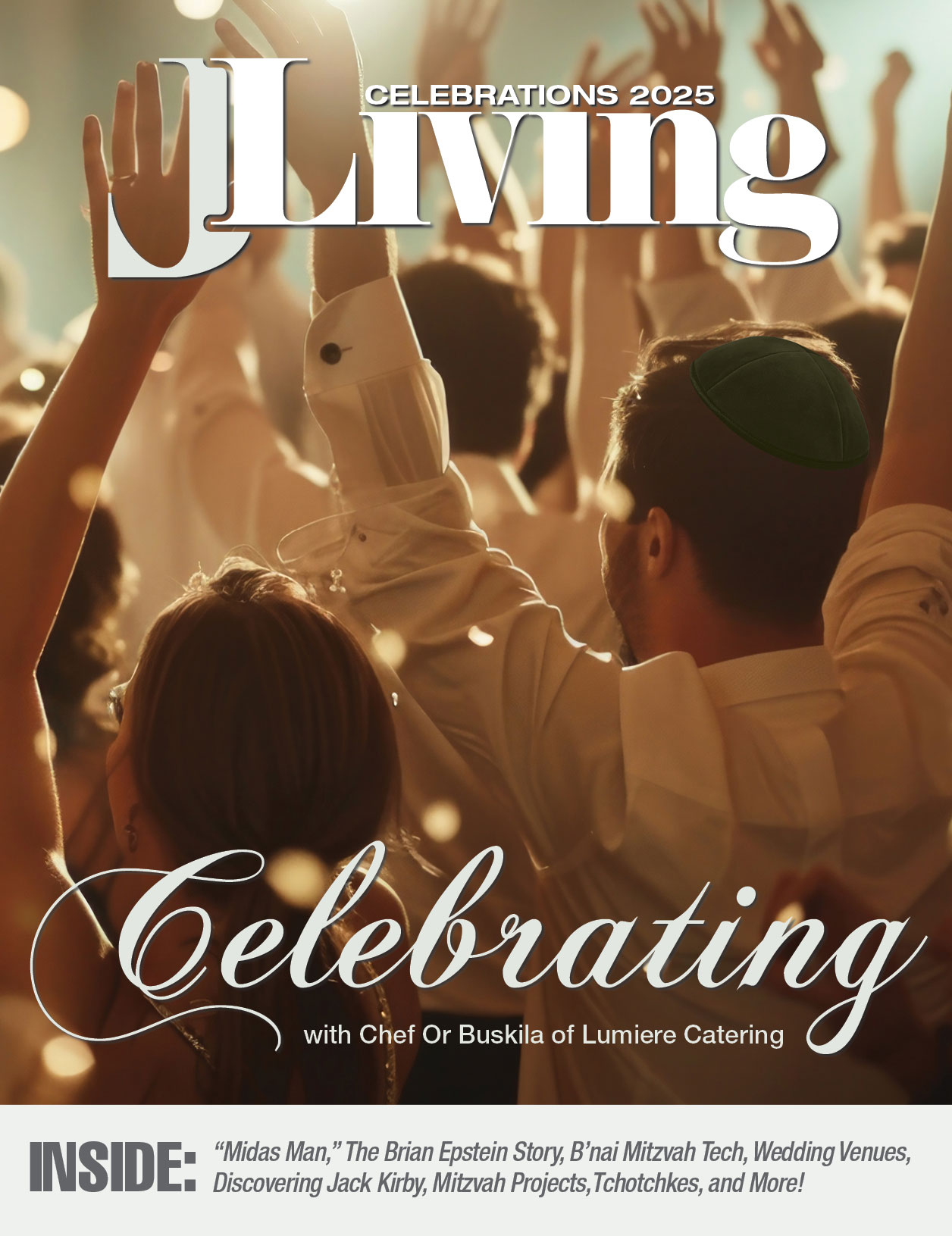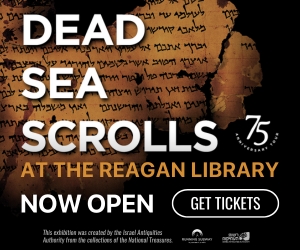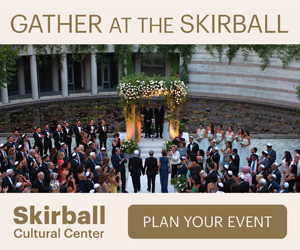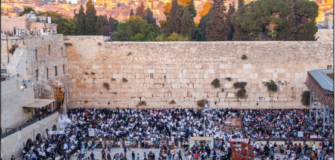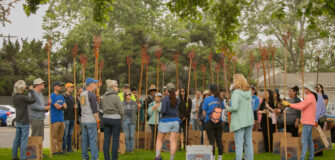Embracing Technology in B’nai Mitzvah Preparation
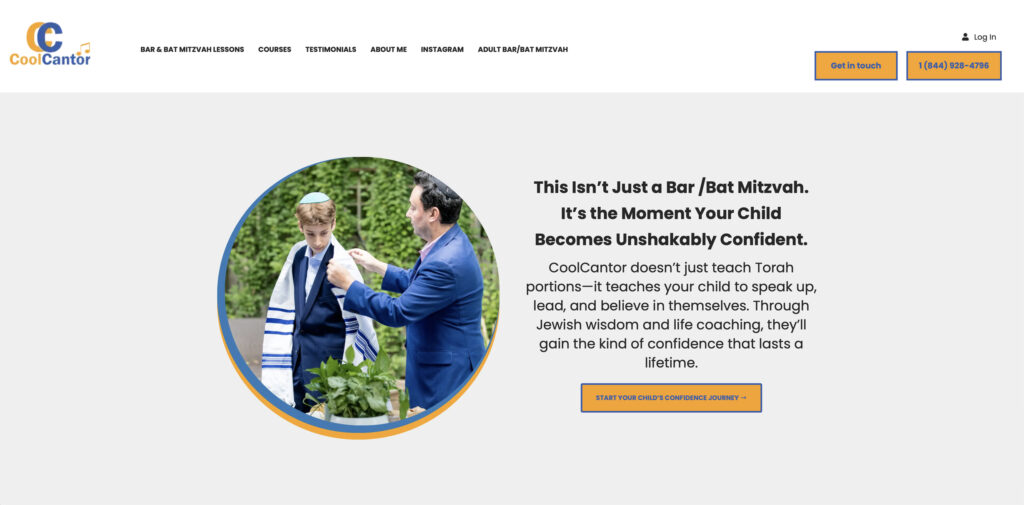
A Modern Approach for Contemporary Families
Preparing for a Bar or Bat Mitzvah once followed a familiar rhythm. Many adults remember Sunday mornings at Hebrew school, followed by tutoring sessions with the Rabbi or Cantor. A date for the ceremony was chosen based on the temple’s schedule and the birthdays of all the students in the same year. Like virtually every other aspect of our lives, times are changing, and the modern world has influenced this time-honored tradition. Many synagogues have merged, meaning less convenience and a longer commute for parents. Families are busier than ever, with a mix of school, work and activities placing demands on their time.
All that, compounded with the COVID-19 pandemic, acted as a catalyst, pushing even sacred traditions to adapt in order to stay relevant and accessible. A wave of online learning opportunities swept in, taking advantage of modern technology and the rise in our comfort and familiarity with using it.
In short, the demand for more flexible and personalized approaches to Bar and Bat Mitzvah preparation opened the door for technology. Online platforms, video conferencing and educational apps have revolutionized how Jewish youth engage with their faith and heritage. What was once strictly a synagogue-based journey is now available as a hybrid or fully remote experience, blending tradition, personalization and modern convenience.
The Shift to Online Education
For Cantor Ben Silverberg, the journey into online Bar and Bat Mitzvah education began in 2015, well before the pandemic necessitated such shifts. A concerned parent approached him, expressing the struggles of balancing after-school commitments, Sunday sessions and the overall stress of traditional Hebrew school.
She made a simple yet transformative suggestion: “Just email us a small piece of his Torah portion with audio and let him work on it. If you can get back to us with feedback within 24 hours, that would relieve so much stress.”
This conversation led Cantor Silverberg to launch CoolCantor, an innovative platform offering asynchronous learning tailored to each student’s needs. Cantor Silverberg emphasizes that this approach isn’t merely a response to necessity but a proactive step toward a more effective and personalized model of Jewish education.
Cantor Silverberg isn’t the only spiritual teacher to have made the switch. A simple internet search yields results for dozens of Rabbis who offer remote learning opportunities and programs like Jewtor, Hebrew Helpers, and Bar Mitzvah Me that cater to the diverse needs of modern families with tailored learning experiences.
Tools That Transform the Learning Experience
Technology has become an indispensable companion to Bar and Bat Mitzvah preparation, even in traditional settings. Zoom enables students to meet virtually with tutors when in-person attendance isn’t feasible due to illness, travel or overbooked schedules. Educational platforms such as TropeTrainer, Siddur apps, and Torah reading programs use interactive audio features to help students learn their blessings, Torah portions and haftarah with guided support. Many tools also include playback and practice functions, allowing students to hear correct pronunciation and cantillation multiple times — an invaluable asset for mastering Hebrew texts.
Some newer programs even incorporate AI-driven feedback that tracks progress and offers targeted exercises to reinforce specific skills. Learning becomes more engaging and efficient, with students receiving instruction tailored to their strengths and areas for growth.
For parents, technology simplifies involvement. Digital calendars, learning management systems and messaging platforms can help them track milestones, stay updated on progress and maintain open lines of communication with instructors for greater collaboration throughout the process.
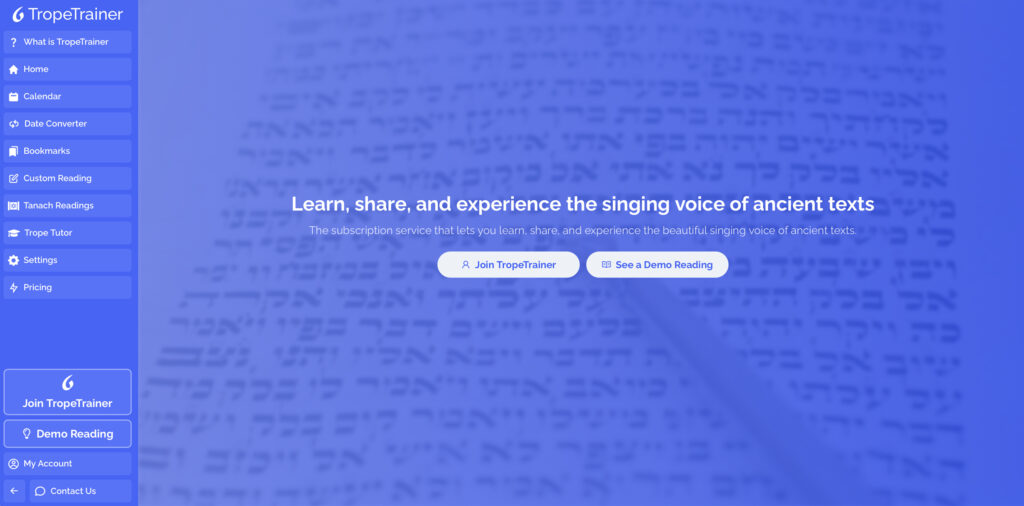
Advantages of Online and Hybrid Learning Models
One of the most significant advantages of online and hybrid Bar and Bat Mitzvah programs is flexibility. With asynchronous learning models, students receive materials — videos, documents and recordings — to study at their own pace. They can submit practice videos and receive timely feedback, eliminating the stress of rigid schedules and long commutes. For others, weekly or biweekly Zoom sessions with tutors offer a structured yet adaptable rhythm.
This model often amplifies — rather than detracts from — involvement. Students may interact with the material several times per week, growing their confidence and building momentum. Many find that the personalized instruction fosters deeper connections with educators and a more profound understanding of their heritage.
Additionally, technology has expanded the reach of spiritual educators far beyond their local communities. Cantors and Rabbis are now guiding students across the country — and even internationally — thanks to video conferencing and online platforms. Families in remote areas or without a local synagogue that fits their needs are no longer left out.
Addressing Challenges and Maintaining Spiritual Connection
While the benefits are evident, transitioning to online platforms isn’t without challenges. One significant concern is maintaining the spiritual connection that is central to Bar and Bat Mitzvah preparation. Cantor Silverberg addresses this by emphasizing the relevance of the teachings. By focusing on topics like justice, resilience, kindness and legacy, he finds that students connect with the material and the spiritual essence of the experience.
Another potential downside is the lack of community with peers. Many students live in areas with few — if any — classmates or friends who share their faith. This is a primary concern for some parents who choose fully remote learning. Ultimately, however, they find that the flexibility outweighs the missing piece of having a classroom full of fellow students.
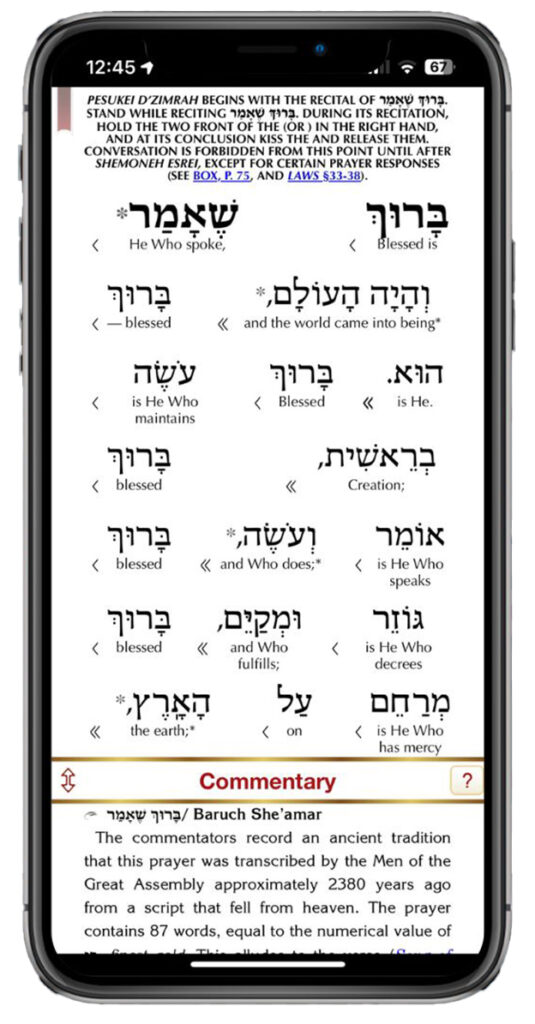
A Mother’s Perspective
New York City mom Rachel was raised in a conservative Jewish family, but she faced challenges in finding a suitable Hebrew education program for her son, Evan. Their busy schedule didn’t allow for the same kind of commitment to a synagogue, and none of the local temples offered a program that suited them. Online research for an alternative quickly led her to Cantor Silverberg and CoolCantor.
It was a relief to correspond at their own pace without having to shuttle back and forth to yet another activity. The flexibility of personalized lessons based on her son’s individual needs was another selling point. Rachel notes that Evan has thrived in the program, growing into a kinder, more confident teen due to the program’s emphasis on personal growth and self-reflection. For Rachel, the lack of social interaction with peers has been the only downside. Most of Evan’s friends are non-Jewish and unfamiliar with the Bar Mitzvah tradition, which has posed challenges in planning the ceremony. Yet, she remains satisfied with her decision and the meaningful learning experiences it has fostered.
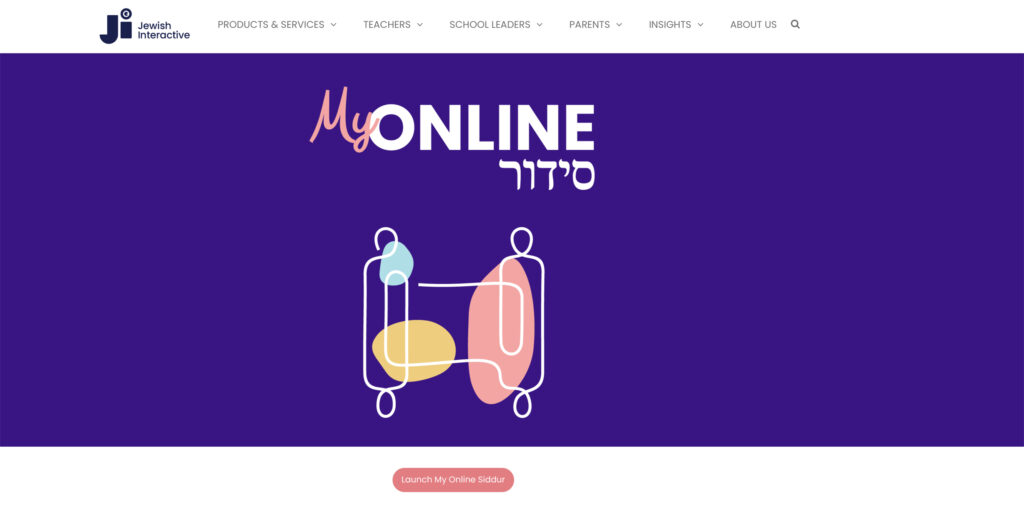
The Future of Jewish Education: A Hybrid Model
The digital transformation of Bar and Bat Mitzvah preparation is not meant to supplant tradition. Instead, it is designed to expand access to it. As Cantor Silverberg notes, “This model isn’t a replacement for community — it’s an expansion of what Jewish connection can look like.”
For many, the future of Jewish education lies in a hybrid model that combines the best of both worlds: the richness of community with the adaptability of technology. Through online instruction, temple-based classes or a blend of the two, today’s Bar and Bat Mitzvah journey is highly flexible, meeting the realities of modern family life.
As innovation continues, one thing remains constant: the Bar and Bat Mitzvah continues to be a sacred rite of passage, one that is more accessible and personal than ever before.

